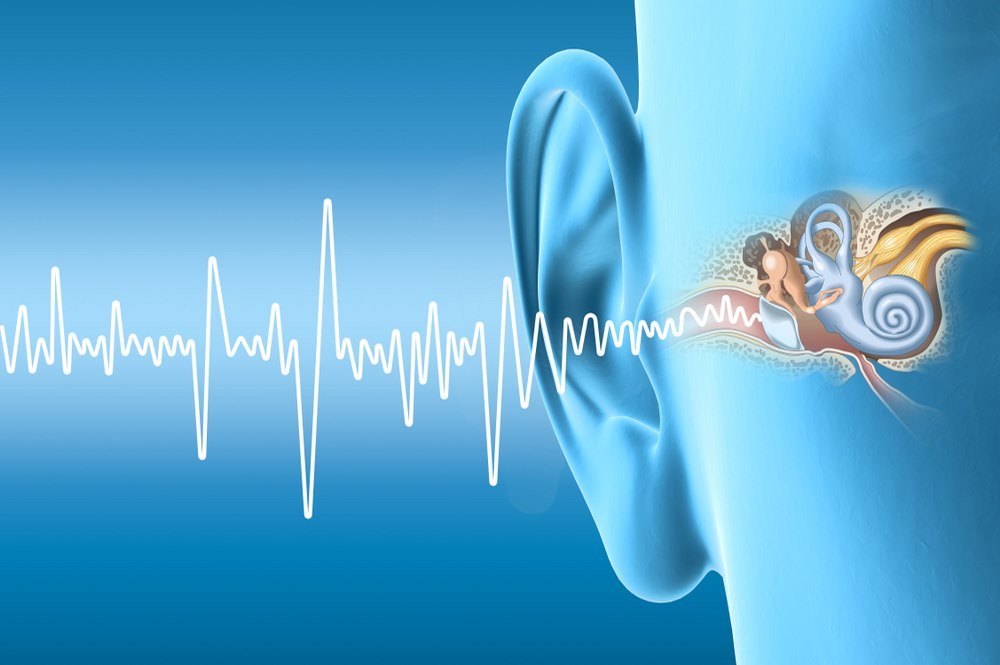Tinnitus Types

Tinnitus can be classified according to the origin of sound, whether it is physical or neurological. It is further subdivided on the basis of causative factor of tinnitus.
Subjective
This is the most common type of tinnitus found among people. It can only be heard and perceived by the individual diagnosed with tinnitus and cannot be heard by the examiner. Variation in sounds and frequencies can be heard in this type of tinnitus. The most common cause of subjective tinnitus is cochlear damage.
- Otologic
Tinnitus is also caused by ear disease. Any sort of cochlear damage caused by an illness can cause tinnitus. When the cochlea is damaged the signal sent to the brain are also mixed which causes the brain to produce tinnitus sounds. Otosclerosis, the overgrowth of ear bones, is another reason that leads to tinnitus. Hearing loss decreases the audibility which causes the brain to produce its own sounds leading to tinnitus.
- Neurologic
Tinnitus resulting from brain damage is called neurological tinnitus. Any damage in the in the auditory cortex or to the auditory nerve can result in tinnitus. Meniere’s disease, multiple sclerosis, auditory neuroma and auditory neuropathy are disorders that cause damage to different parts of ears promoting tinnitus. In many cases tinnitus indicates an underlying problem of the central nervous system.
- Drug-related
Some drugs might trigger, worsen or introduce a new tinnitus sound. Such drugs are called ototoxic drugs. These ototoxic drugs damage the cochlea in the inner ear, which causes tinnitus or hearing loss. There are more than 450 drugs than can affect the hearing. The ototoxicity in many cases goes away, but in some cases it causes a permanent damage.
Objective
Objective tinnitus is, the less common type of tinnitus. In this type of tinnitus, the sounds can be heard by the physician with the help of a stethoscope. The tinnitus sounds are mostly produced by the blood flow or due to mechanical movement in the body for example, of the jaw and neck. Only 1% people are diagnosed with objective tinnitus. This type of tinnitus can be cured if the affected muscles and vessels are cured.
- Pulsatile:
This type of tinnitus happens when the arteries around the ear become narrow, which cause fluctuations in the blood flow and pressure. The blood passing through these arteries produces a sound. Rhythmic sounds, in sync with the heartbeat are heard in this type of tinnitus. Pulsatile tinnitus is not a serious health condition, but it can be an indication about an underlying health condition. It is a very rare case that the pulsatile tinnitus is caused by serious health problem.
- Muscular
It is a very rare form of tinnitus. When the muscles around or inside ears contracts they produce a clicking sound. There are two muscles inside ears stapedius and tensor tympani. Because these muscles are attached to the bones they produce clicking sounds when they contract. There is no apparent reason why these muscles contract, but they usually contract after long term noise exposure.
